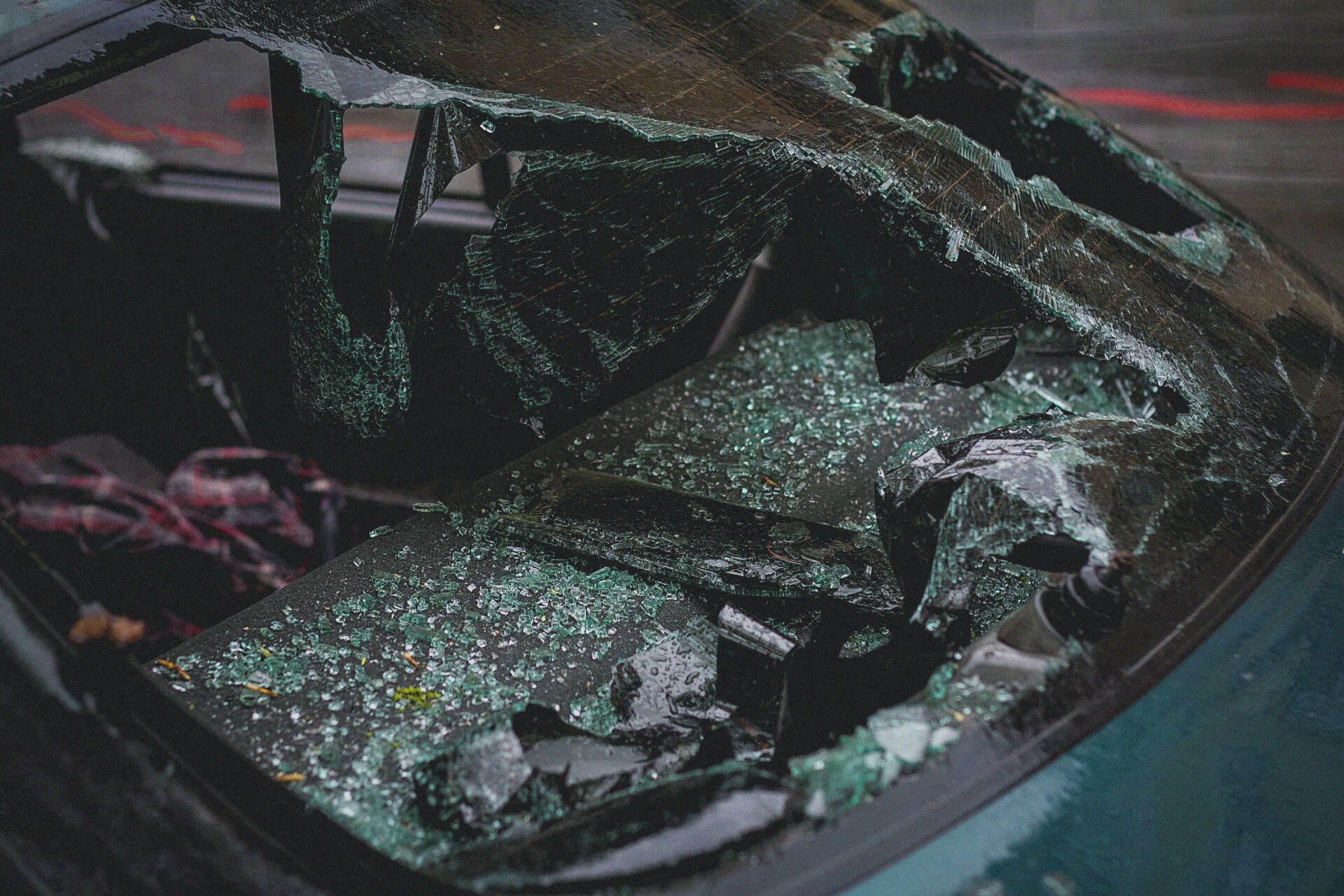There are some pretty solid advantages to leasing a car over purchasing one. For one, you don’t need a lot of cash for a down payment when leasing.
You will also make lower monthly payments than what you would ideally pay if you had gotten a loan to buy a car.
As if that’s not all, you don’t have to worry about the value of your car when reselling it. That is the leasing company’s responsibility. So, as soon as your lease ends or you want to upgrade, you return it and move to the next one.
That said, an accident can happen suddenly and unexpectedly, leading to not only injury but damage to your leased car.
In some cases, the cost of repairing the damage may far exceed the car’s value or be deemed too high to be worth it. Consequently, it is classified as a total loss.
So, what happens if you total a leased car? Read on to find out!
You Will Need to Pay the Reminder of Your Lease
If you total a leased car, the lease company will require you to pay the remainder of your lease.
So, if the lease amounts to, say, $15,000 and you have paid $5,000 so far, you will need to pay the remaining $10,000 to be free from the lease agreement.
This is similar to if you have taken a loan to buy your car. You will still need to fulfill your loan obligation.
Now, you are still required to carry car insurance to cover liability if you are leasing a vehicle.
So, your insurance provider will cover this balance but only up to the policy limit. Usually, your insurance company will estimate the fair market value for the car and pay that.
Unfortunately, your liability coverage may only cover part of the amount you owe the lease company, especially if you are in the early months of the lease or carry minimum liability coverage.
You Will Need to Cover the Balance Out of Pocket or with Gap Insurance
Totaling a leased car can force you to pay thousands in unexpected expenses, more so if you don’t carry adequate insurance. You see, regular auto liability insurance will only pay the car’s fair value up to the policy limit.
If that is $10,000 and you still have $15,000 on your lease, you will have to pay the remaining $5,000. That’s why it is recommended that you carry gap insurance to cover the difference.
File Personal Injury Compensation if You’re Not at Fault
Now, if the accident resulted from another motorist’s actions, for instance, they rammed into you, you can file a compensation claim against them.
In your lawsuit, you can ask for compensation for your medical expenses, lost wages, pain and suffering, property damage, etc.
A personal injury lawyer should help you figure out if you have grounds for a claim and take care of the filing process.
The Bottom Line
The process that follows after your leased car is totaled is different from if you actually owned the car. Knowing beforehand can help you take the right steps if you ever find yourself in the situation.
Remember, it is best to talk to a qualified lawyer for guidance if you are unsure about anything.
